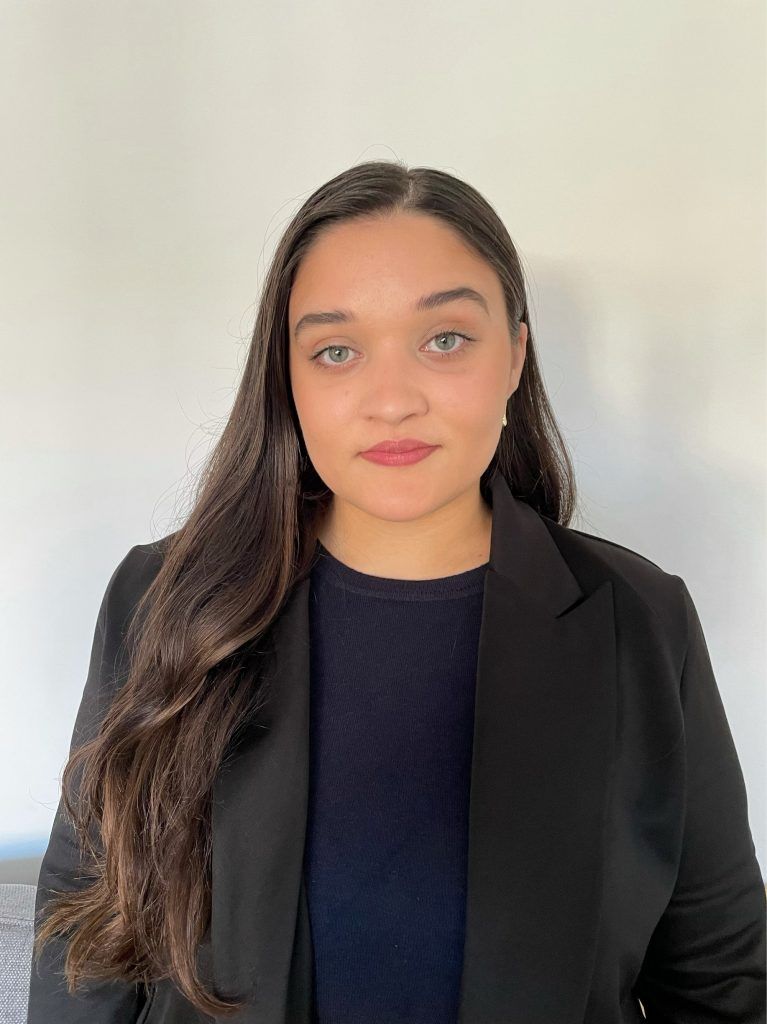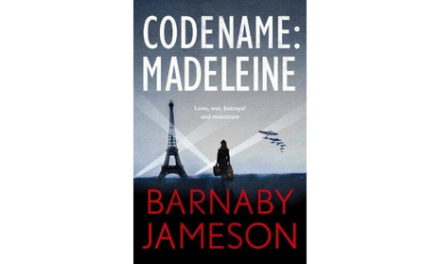The first time Hashi Mohamed gave me advice was when I was 16, thinking about a career in law, and I attended an event at BPP for state school students. The panel consisted of a range of what you may have heard colloquially referred to as ‘pale, male and stale’. And then there was Hashi Mohamed, standing out with his energy and eloquence. I could feel the audience gravitating towards this young barrister because they could see something of themselves in him, which was a rather unusual experience at the time. At the end of the event, he was swarmed by kids from his alma mater, a state school in North London. The second time, it’s 10 years later and I’m at a Middle Temple event for Mohamed’s book People Like Us.
I was struck by the consistency between Mohamed’s advice in his book, and the advice he gave on the panel all those years ago. One of the central messages I have taken from People Like Us is the importance of future barristers being realistic. This message is crucial, as it is no secret that this field is extremely competitive. For example, the importance of being realistic about your own background. Mohamed discusses ‘nature vs nurture’, and the impact of these two factors on an individual’s trajectory later in life. Without a level of innate ability, certain goals will be harder to achieve no matter the environmental factors. Equally, there will be people who are innately brilliant, but life got in the way. Growing up in the UK’s Sri Lankan Tamil community, I have seen first-hand people who are seriously clever, but their experience of civil war and other traumas has impacted progression in their careers and education. Indeed, Mohamed explains that his mother did not have any formal education. However, it had to be her high level of intellect and ability which allowed her to navigate the loss of her husband, the relocation of her children and raising them in a foreign country.
Another piece of advice I took from People Like Us is the importance of being pragmatic about education and the lack of impact this has on social mobility. At first, I was resistant to this idea, believing an Oxbridge candidate is an Oxbridge candidate. In hindsight, this was no doubt due to my anxiety as a non-Oxbridge candidate applying for pupillage! However, by reading Mohamed’s arguments I have now been convinced that education, whilst important, is not a golden ticket to improved social mobility. One of the pieces of evidence Mohamed uses is the idea of social capital, for example, the ability to know the difference between ‘what did you read?’ rather than ‘what did you study?’. A subtle difference, but the meaning behind it could not be more significant, particularly within the context of the Bar. These unspoken rules of conversation and etiquette can often act as a barrier to some individuals. Personally, I still remember the first time I was asked what I read and wondered whether What a Time to Be Alone by Chidera Eggerue aka ‘The Slumflower’ was an acceptable answer. Mohamed also argues that the false pretence of education solving inequality in society puts too much pressure on educators and parents. It removes the recognition of any other factors, such as race or gender. It was interesting to consider Mohamed’s own experience of acknowledging the differences between his experiences at Hertfordshire University for his Undergraduate Degree and attending Oxford University for his Masters. Mohamed said the latter allowed him to move into the Bar more easily, as it was a quad to a quad. Taking this idea one step further, imagine the difference in experience of someone who moved from quad to quad to quad i.e., private school, Oxbridge, the Bar.
Mohamed is also clear about the significance of luck. I particularly enjoyed Mohamed collating examples of ‘self-made’ individuals, only to deftly destroy this image by evidencing the familial support they had. Now, I find it particularly grating when people of immense privilege state they are ‘self-made’, because it leaves those who begin with less to question their own achievements, or lack thereof. By not acknowledging their luck, privileged people can instil a sense of insecurity in others. Even if this is unintentional, it is these kinds of issues that one must be alive to, now more than ever. In People Like Us, there is discussion of how luck permeates into every part of people’s lives, even into their use of language. Mohamed points to his difficult experience with homelessness. Mohamed argues that it was his ability to articulate and persuade others of his needs that helped him achieve his goal of a more permanent hostel. It was also at this juncture that Mohamed learned of his ability to advocate for others, as he provided these services for his peers at Centrepoint. Mohamed says it was his luck which allowed him to have such skills, arguing that he saw the differences between his own abilities and those of his Somalian relatives who struggled with aspects of British society because of their lack of access to English.
People Like Us inspired a moment of introspection. Now, I would argue that my achievements aren’t solely mine but also products of external factors. For some, this could be a hard pill to swallow, but I have benefitted from this realisation, and I am more grateful for these factors than ever before. Reading People Like Us was my chance to become more self-aware, which has been invaluable to me at the Bar, and in life more generally. Through People Like Us, Mohamed provides an opportunity for self-reflection without being disparaging, no doubt a difficult line to draw. I for one, am so glad he managed it.

Anjali Keeping is President of the Middle Temple Students’ Association. After completing the ICCA Bar Course, she is excited to begin Pupillage at Mountford Chambers in 2023. In her spare time, she enjoys Bharathanatyam, spending time with family and travelling.


